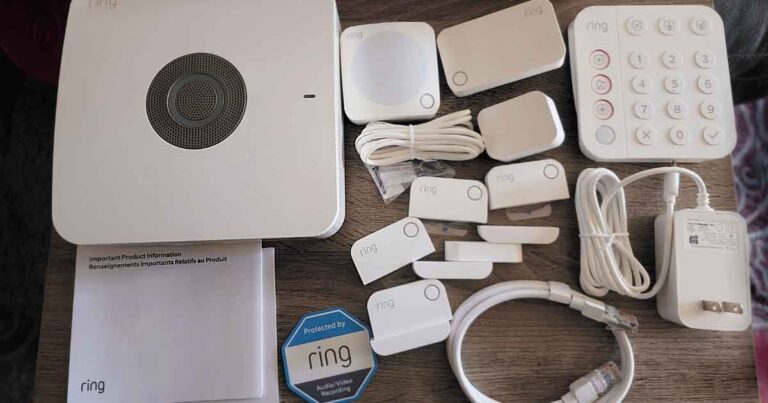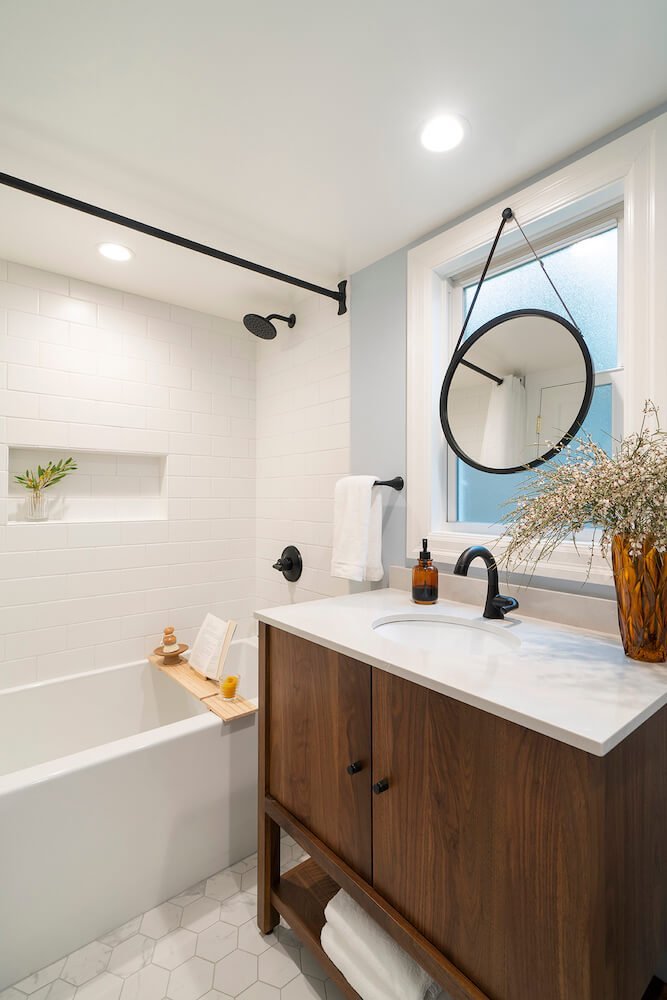Home security innovations continue to evolve, offering homeowners increasingly sophisticated and effective ways to protect their properties and loved ones. Staying ahead with the latest technology in home security ensures that you benefit from advanced features designed to enhance safety, convenience, and peace of mind. One of the most significant advancements in home security is the integration of artificial intelligence AI and machine learning. AI-powered systems can analyze data from various sensors and devices to learn and adapt to your household’s routines and behaviors. This capability allows the system to distinguish between normal activities and potential threats, reducing false alarms and providing alerts that are more accurate when unusual events occur. For example, AI can recognize patterns such as regular delivery schedules versus unexpected visitors, enhancing security without causing unnecessary disruptions. High-definition video surveillance has also seen significant advancements with the adoption of 4K resolution cameras and improved video analytics. These cameras provide crystal-clear images and detailed footage, even in low-light conditions, thanks to enhanced night vision capabilities.
Advanced video analytics can detect and track motion, identify objects and people, and provide alerts based on specific criteria such as suspicious behavior or unauthorized access attempts. Integrating these cameras with cloud storage options allows for easy access to recorded footage from anywhere, enhancing monitoring and review capabilities. Smart home integration continues to be a cornerstone of modern home security newark nj. Smart devices such as doorbell cameras, smart locks, and motion sensors can be interconnected and controlled through a central hub or smartphone app. This integration enables homeowners to manage security settings remotely, receive real-time alerts, and automate responses based on sensor inputs. For instance, smart locks can automatically lock doors when sensors detect that no one is home, or lights can be programmed to turn on automatically if motion is detected outside. Biometric authentication is another innovative technology gaining popularity in home security. Biometric systems use unique physical characteristics such as fingerprints, facial recognition, or voice recognition to grant access to the home.
 These systems offer enhanced security over traditional key-based or code-based entry methods, as biometric data is difficult to replicate or spoof. Integrating biometric authentication with smart locks provides a convenient and secure way to manage access to your home, eliminating the need for physical keys or codes. Furthermore, environmental monitoring has become an essential aspect of comprehensive home security systems. Sensors can detect smoke, carbon monoxide, water leaks, and fluctuations in temperature or humidity levels. Alerts are sent to homeowners and monitoring centers, allowing for immediate response to potential hazards and minimizing risks to property and occupants. Professional monitoring services remain a critical component of advanced home security solutions. Monitoring centers provide 24/7 surveillance, responding to alerts, verifying threats, and dispatching emergency services as needed. This proactive approach ensures rapid response times in emergencies, providing homeowners with peace of mind knowing that their home is protected around the clock.
These systems offer enhanced security over traditional key-based or code-based entry methods, as biometric data is difficult to replicate or spoof. Integrating biometric authentication with smart locks provides a convenient and secure way to manage access to your home, eliminating the need for physical keys or codes. Furthermore, environmental monitoring has become an essential aspect of comprehensive home security systems. Sensors can detect smoke, carbon monoxide, water leaks, and fluctuations in temperature or humidity levels. Alerts are sent to homeowners and monitoring centers, allowing for immediate response to potential hazards and minimizing risks to property and occupants. Professional monitoring services remain a critical component of advanced home security solutions. Monitoring centers provide 24/7 surveillance, responding to alerts, verifying threats, and dispatching emergency services as needed. This proactive approach ensures rapid response times in emergencies, providing homeowners with peace of mind knowing that their home is protected around the clock.


